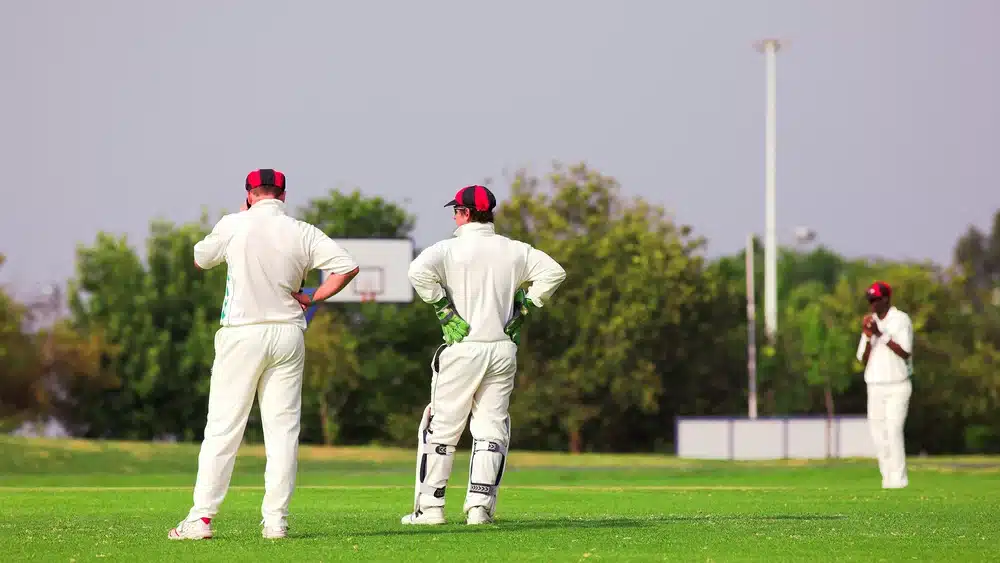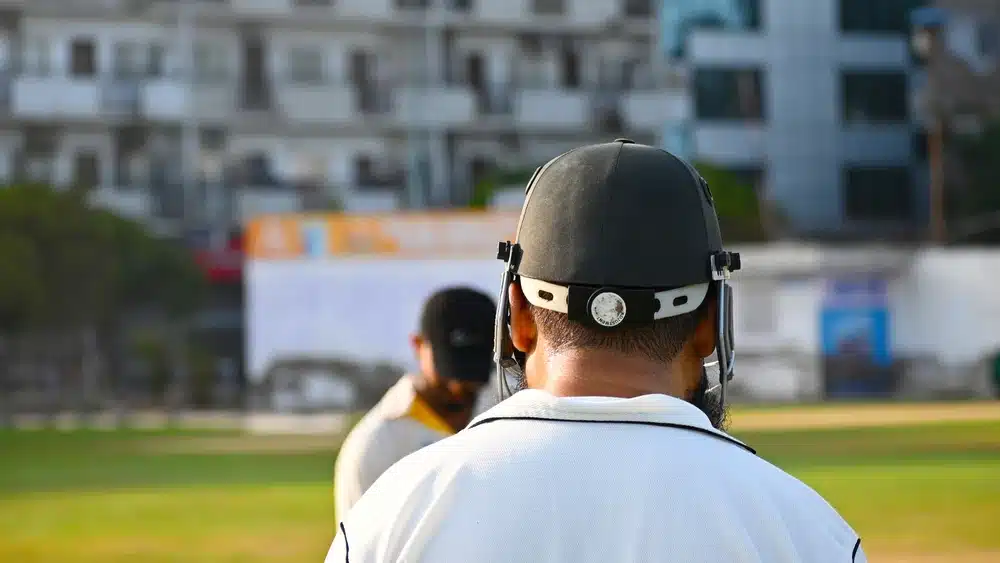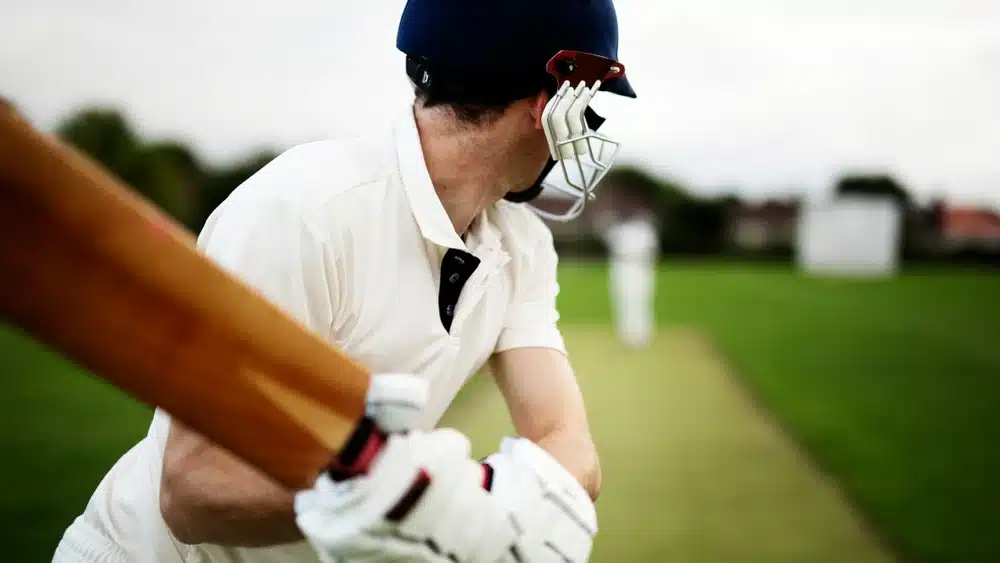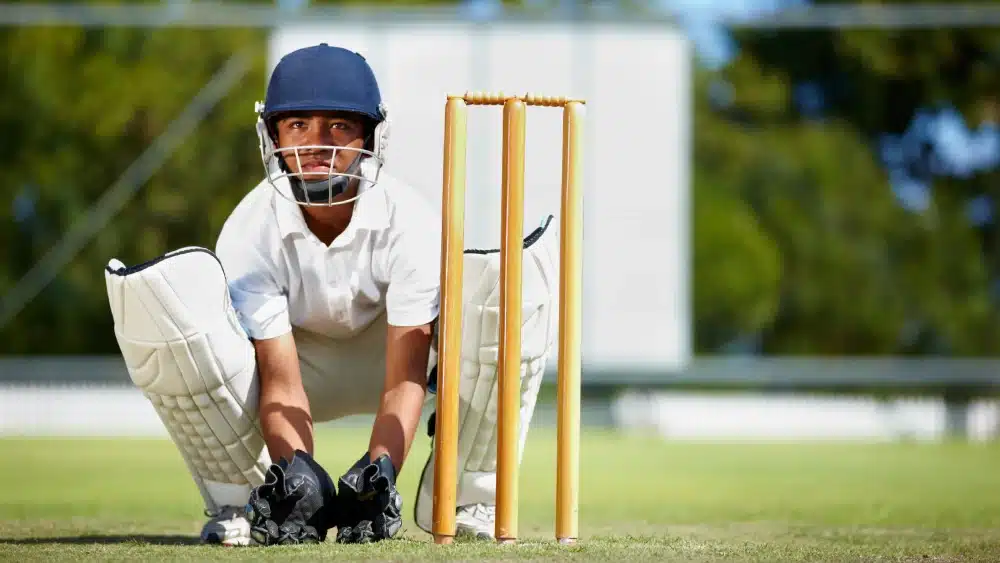
There was a time when Ronaldinho used to terrorise the opposition defence with ease. But days have changed. Packed stadiums have now turned into prison cells, inmates have replaced the famous defenders and instead of being filmed by the biggest sports channels, he is being recorded in mobile phones from a distant angle. The only thing that is still the same is his ability to mesmerise anyone with the ball and that alluring smile that the world is so fond of.
After being caught by the Paraguayan police with fake passports, Brazilian legend Ronaldinho and his brother Roberto de Assis Moreira are serving their sentence in a jail where the former Ballon d'Or winner was nominated to participate in the bi-annual prison futsal tournament. Ronaldinho is yet to feature in the tournament, but he did give his inmates a glimpse by playing an exhibition match.
The first picture of Ronaldinho playing football in a Paraguayan jail has been released. I still can't believe it. His team won the game 11-2. Ronaldinho scored 5 goals & assisted 6.
Iconic. pic.twitter.com/IPN4AErAw1
— FutbolBible (@FutbolBible) March 14, 2020
The World Cup winner was clearly the chief attraction of the day at Agrupacion Especializada because he is RONALDINHO. He scored five and assisted six in an 11-2 scoreline. In a video, Ronaldinho was seen casually flicking the ball behind to an assuming teammate who is probably not on "Ronaldinho wavelength" yet.
Football postponed everywhere but Ronaldinho is playing while in jail in Paraguay. This should be live on Sky & BT.#Brazil ⚽️ pic.twitter.com/j66t6IBtjZ
— Barry Anderson (@BarryAnderson_) March 14, 2020
According to the sources, Ronaldinho did begin his time behind the bars in a gloomy mood but after a while, he was seen signing T-shirts and drinking alcohol with his prison-mates. Earlier this week, he was tested for coronavirus too. The situation, however, is getting darker for the footballer from this point on as he is being linked to a money-laundering scheme as well, but the investigators are not sure if Ronaldinho was aware of it.
Ronaldinho chilling signing autographs and drinking alcohol in a Paraguayan prison.
Still have no idea how one of the most famous men in Brazil thought he could get into Paraguay with a fake Paraguayan passport. pic.twitter.com/QqfnXBYC8m
— Football Tweet (@Football__Tweet) March 11, 2020
As per reports, the former La Liga superstar was given the passports by a businesswoman named Dalia Lopez who has links to both the Brazilian and Paraguayan politicians. He was supposed to be a part of a charity event held by Angel Brotherhood Foundation, which is presently suspended. In the wake of things, Ronaldinho might have to serve around six months to five years behind the bars.
Feature image courtesy: AFP / Norberto Duarte



















